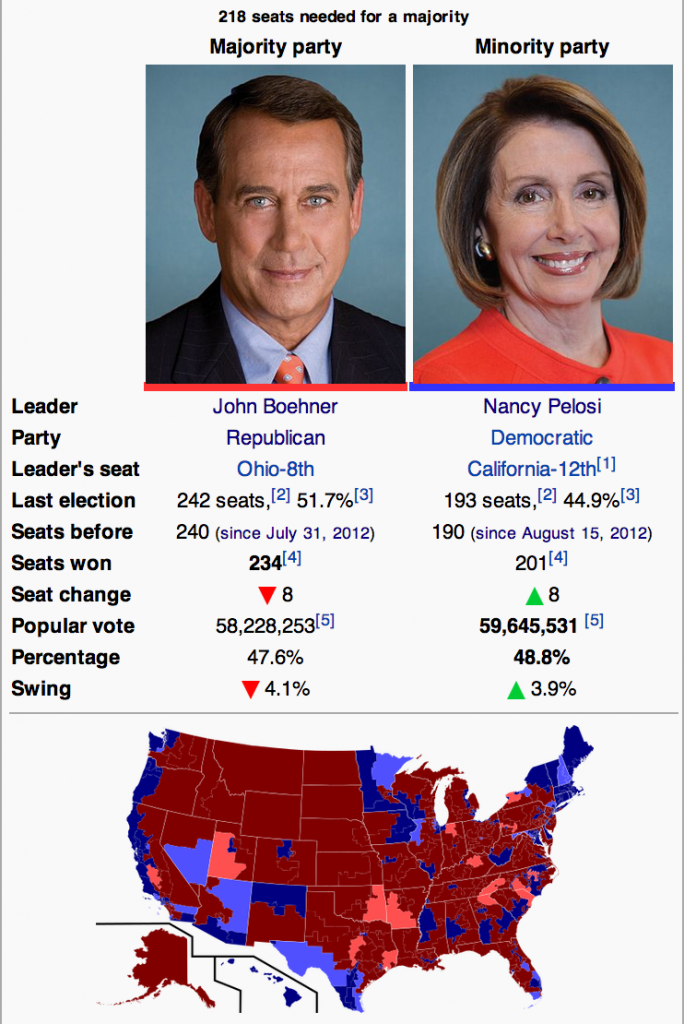The Democratic Party has forced appointed Montana Democratic Senator John Walsh to drop out of the race to win the seat on his own, after he was busted for extensive and very serious plagiarism last month. To recap what happened there:
An examination of the final paper required for Mr. Walsh’s master’s degree from the United States Army War College indicates the senator appropriated at least a quarter of his thesis on American Middle East policy from other authors’ works, with no attribution.
A further third of the content is cited but not quoted. Even the 800 word grand finale, for which Colonel Walsh had been praised by superiors, is directly ripped from a Carnegie Endowment for International Peace paper. When busted, he denied he did anything wrong, though he and his staff blamed combat-related PTSD as some sort of convoluted explanation or excuse. That hardly seems fair to all the other men and women who have served and returned from deeply stressful situations and did not plagiarize heavily to advance their military careers before leveraging their service into a political career. Only last week did he walk back the PTSD explanation and accept “full responsibility.” The War College investigation looks like it’s on track to strip him of his master’s degree.
Anyway, Democrats forced Walsh out of the race finally this week in a last-ditch effort to put somebody better on the ballot. This was essentially a lost cause bid to retain that Senate seat many months before the plagiarism story, so it’s not a huge blow, and it’s better to have him off the ballot. They’ve got a number of reasonably competent contenders — one of whom is profiled below by the New York Times — but the main focus at this point is keeping Democratic turnout reasonably high in Montana for the benefit of other races this November:
Two Montana Democrats, who spoke on the condition of anonymity because they were not authorized to speak publicly, said the party was considering Nancy Keenan, a former head of Naral Pro-Choice America, to become its nominee. Ms. Keenan has had conversations about the prospect with state Democrats, but she did not respond to messages seeking comment.
[…]
Democrats said an added imperative to fielding a strong candidate was the impact it would have on other races, notably the one for the state’s lone member of the House, in which they think their candidate, John Lewis, has a chance to take the seat from the Republicans. A number of contested state legislative contests are also on the ballot.
Ms. Keenan, a Montana native, left her post with Naral and returned to the Missoula area last year. She previously served as Montana’s superintendent of public instruction and has also served as a state representative.
One Democrat in the state noted that Ms. Keenan had a “national profile and national network” that would help her raise money quickly to give the party at least a chance to make the race competitive. Though Montana is a conservative-leaning state, it leans more libertarian on social issues such as abortion.
Much of this could have been avoided, too, if Democrats hadn’t engineered an early exit by Sen. Max Baucus (to become Ambassador to China) and if the Democratic governor hadn’t appointed one of the pre-existing candidates for the seat as the placeholder. They should have known better. In a set of 49 Senate appointments from 1956 to 2008 compiled by Nate Silver in December 2008, it was shown that of the 39 appointed Senators who sought election to their own terms, 20 of them were defeated in the primary of general elections. In other words, there’s slightly less than a 50-50 shot of an appointee winning the seat on his or her own, which doesn’t sound bad until put against the 88% re-election rate of Senators from 1990 to 2008.
Read more






 The New York Times has
The New York Times has 